A TENS device is a safe and effective means of temporarily relieving pain using gentle electrical impulses. In fact, The American College of Physicians and American Academy of Family Physicians now sugges clnicians treat patients with acute pain from non-low back, musculoskeletal injuries with a TENS device. The great part is, you can now get temporary pain relief in the comfort of your own home. Many people are eager to know if these devices can help their conditions, asking: what conditions are TENS machines used for? The truth is, TENS machines can temporarily relieve pain related to a number of common conditions.
What Is a TENS Machine?
The term “TENS” is an acronym for “Transcutaneous electrical nerve stimulation.” A TENS machine is a device that uses small electrical currents to stimulate the healthy nerves and muscles in the body. By stimulating the nerves and musles, it causes the muscle to contract and relax to temporarily increase local blood circulation and provide symptomatic relief of chronic, intractable pain and pain associated by arthritis.
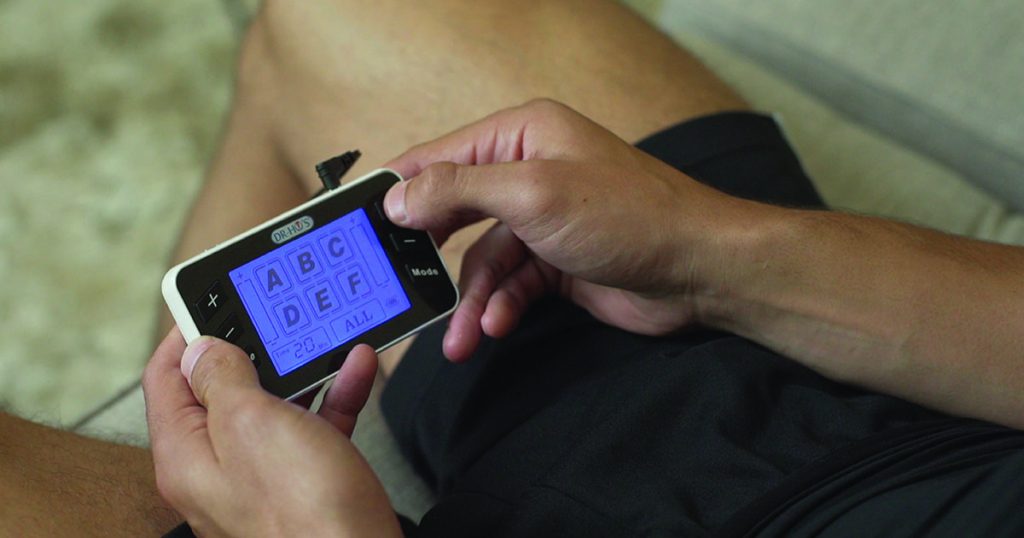
What Conditions are TENS Machines Used For?
What conditions are TENS machines used for? These devices can be effective for the temporary relief:
- Back pain (lower and upper)
- Neck pain and shoulder pain
- Pain from arthritis
- Hip pain
- Sore and aching muscles
- Temporary increase of local circulation
- General sore and achy muscles
- Knee and elbow pain

Who Shouldn’t Use TENS Devices?
The following patients should either avoid using a TENS device or consult with a physician to see if the product is suitable for them:
1. Patients who don’t understand and/or listen to their doctors or device instructions
2. People with a pacemaker
3. Those with allergies to the gel, tape or electrodes
4. Pregnant women and individuals with epilepsy should ask their doctors prior to use
5. Patients should place the pads in areas of the skin that do not have open wounds, eczema or psoriasis.









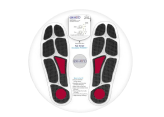
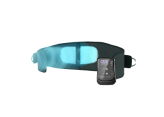
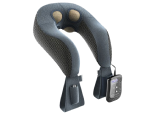
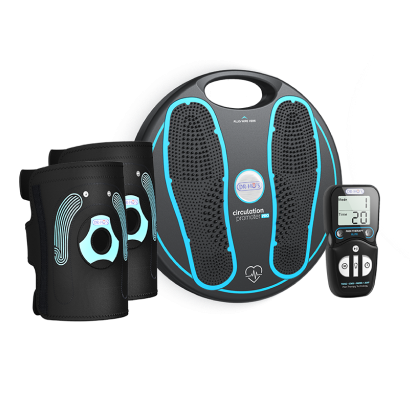
![What Conditions are TENS Machines Used For? [Updated for 2021]](http://drhonow.com/cdn/shop/articles/MobilityMobile_large.jpg?v=1684507898)
